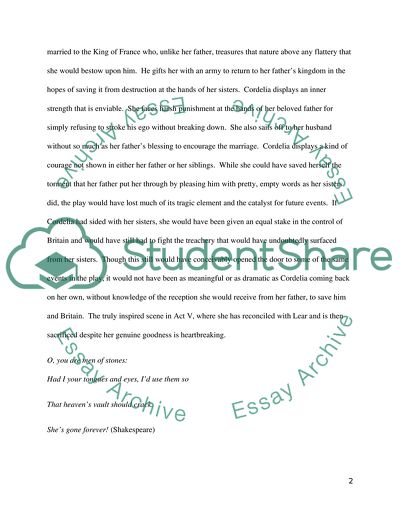Cite this document
(Beowulf & King Lear Literature review Example | Topics and Well Written Essays - 2000 words, n.d.)
Beowulf & King Lear Literature review Example | Topics and Well Written Essays - 2000 words. Retrieved from https://studentshare.org/literature/1550295-beowulf-king-lear
Beowulf & King Lear Literature review Example | Topics and Well Written Essays - 2000 words. Retrieved from https://studentshare.org/literature/1550295-beowulf-king-lear
(Beowulf & King Lear Literature Review Example | Topics and Well Written Essays - 2000 Words)
Beowulf & King Lear Literature Review Example | Topics and Well Written Essays - 2000 Words. https://studentshare.org/literature/1550295-beowulf-king-lear.
Beowulf & King Lear Literature Review Example | Topics and Well Written Essays - 2000 Words. https://studentshare.org/literature/1550295-beowulf-king-lear.
“Beowulf & King Lear Literature Review Example | Topics and Well Written Essays - 2000 Words”. https://studentshare.org/literature/1550295-beowulf-king-lear.


